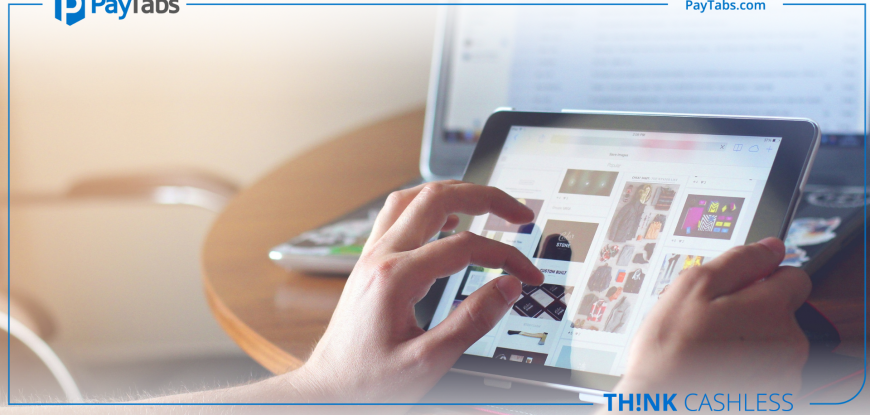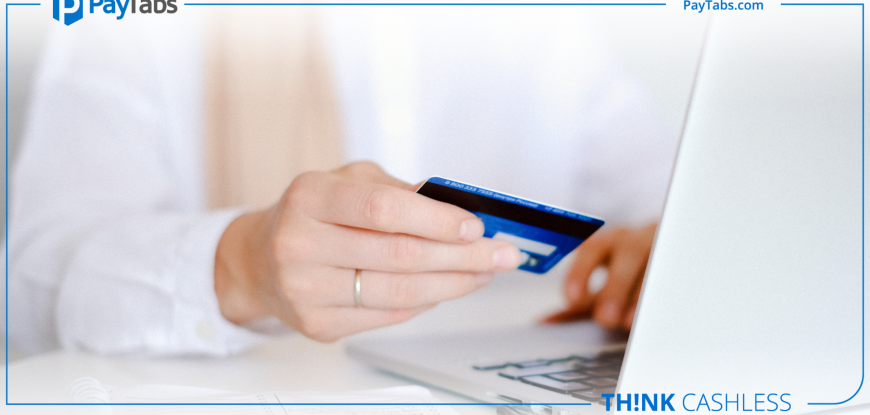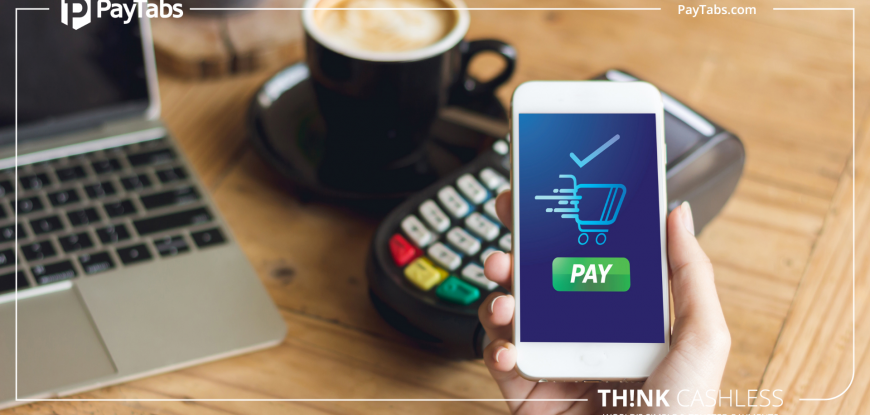Ecommerce Business Models & Their Features
Ecommerce businesses are growing at a fast pace across the world, with technology advancements in the sector making the functions easier and efficient. There are several businesses models which have proved their worth in the market. Each has its benefit and challenges. To make your online business successful, it is essential to pick a model that suits your requirements. But do that, you need to analyze them carefully.
So, read on to know about the various ecommerce business models –
-
Business 2 Business:
It is also known as B2B ecommerce and deals with products and services provided to other businesses. Some of the main examples of this e-business model is the supply of raw material and products to retailers. This is one of the most common and versatile models of ecommerce businesses. While, this model generally has high volume and scale, it also tends to have niche market, which may impede its growth. Under this model, your organization will not be dealing with the end customer but would be supplying goods and services to intermediaries in the supply chain. It generally uses customized ecommerce platforms for carrying out their operations.
Also Read: The Importance of Starting an Ecommerce Business
-
Business 2 Consumer:
The B2C model is one of the most commonly used business structures. However, there is a big scope of customization under this umbrella. This type of e-business model features high turnover but relatively lower value per order. Due to shorter turnaround time, the amount of marketing expenses is generally lower. This model is also designed to promote easier pivot as consumers change their taste frequently. The use of technology is more prevalent under this kind of model, with an aim to provide optimal shopping experience to their clients.
-
Consumer 2 Consumer:
This ecommerce model goes by the name of C2C model and is one of the latest innovations in the area. Under this, consumers are connected to each other for the exchange of goods and services. Such business derives its income by changing listing fees or transaction fees. Some of the most prominent examples of such company are eBay and Craigslist. While this type of business mainly thrives on account of its simplicity, it also faces various challenges such as technology maintenance and quality control. The use of social media has proved to be an excellent strategy for such businesses.
Also Read: The Rise of the Subscription Business Model
-
Consumer to Business:
C2B business model is an innovative structure where an individual offers products and service to organizations. These individuals are generally highly-qualified and offer services such as writing, artistry and professional acumen including accounting and legal work. Unlike other online ecommerce business models, this structure is loosely regulated. There are no specific rules applicable to this sort of arrangement, which may hamper the growth prospects. The model also tends to deal more with the services than with products. However, with the use of technological tools and changing mindsets, this business model is set to see an uptick in its adoption.
-
Mixed Business Models:
Ecommerce is a highly dynamic field, and therefore, is constantly evolving. In many circumstances, it may be prudent to employ a mix of different business models available. Such customized models fall under the category of mixed business models. However, all the business models are required to use robust online payment methods. Further, such models may also be created by combining different traditional ecommerce business models. The utility of such ecommerce model is greatly enhanced if a proper analysis of the market is done to understand its exact requirements.
Also Read:5 Simple Steps to Launching a Successful Ecommerce Business





